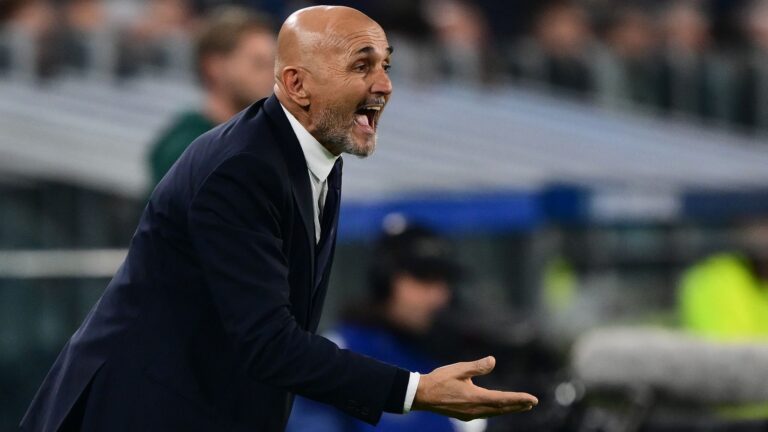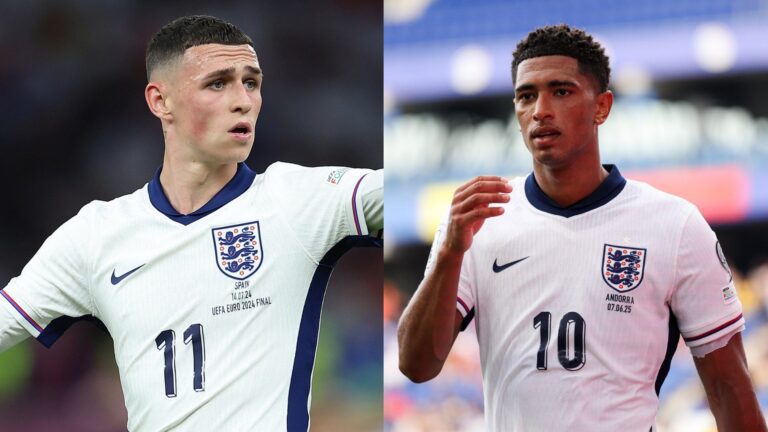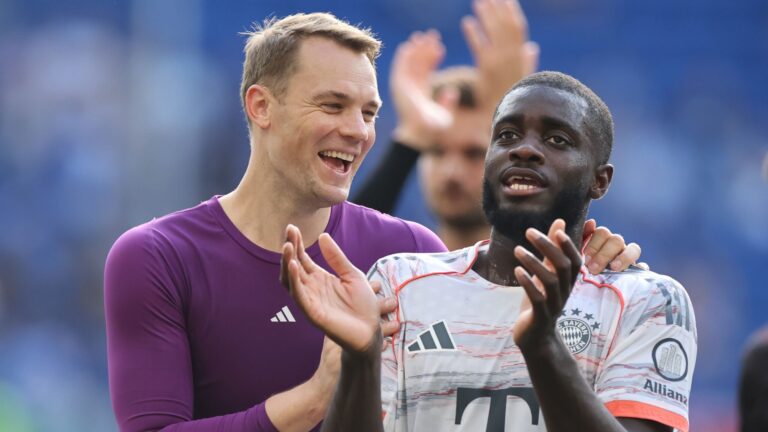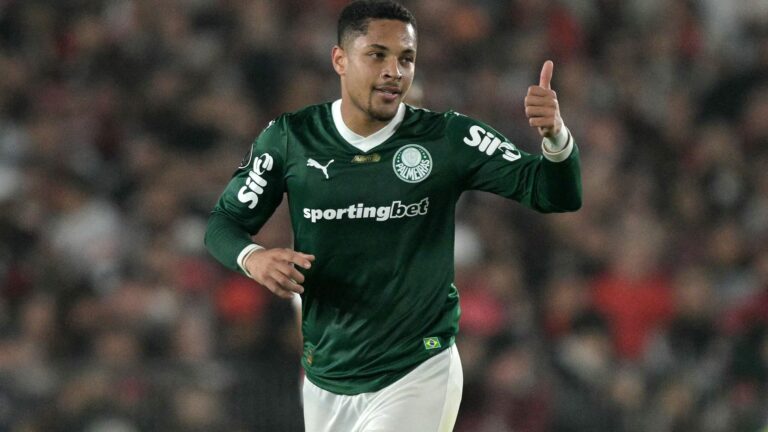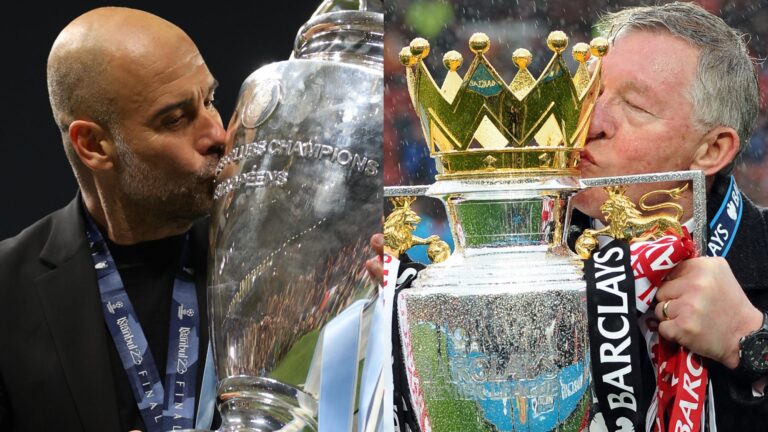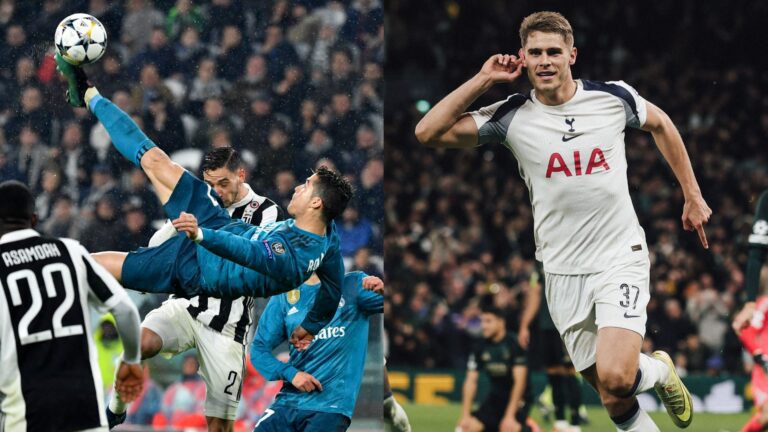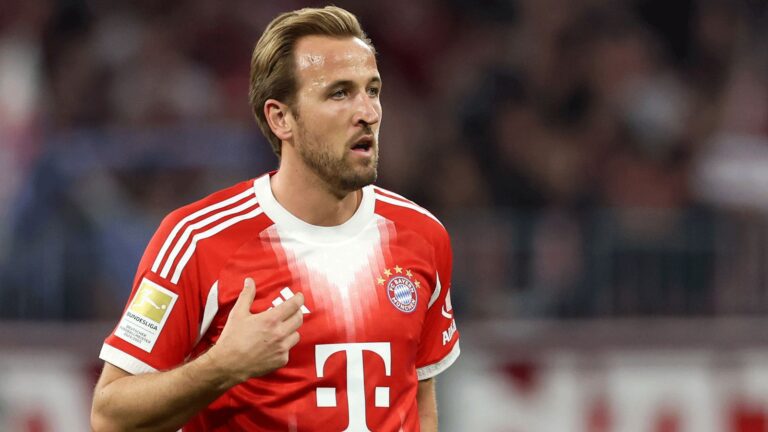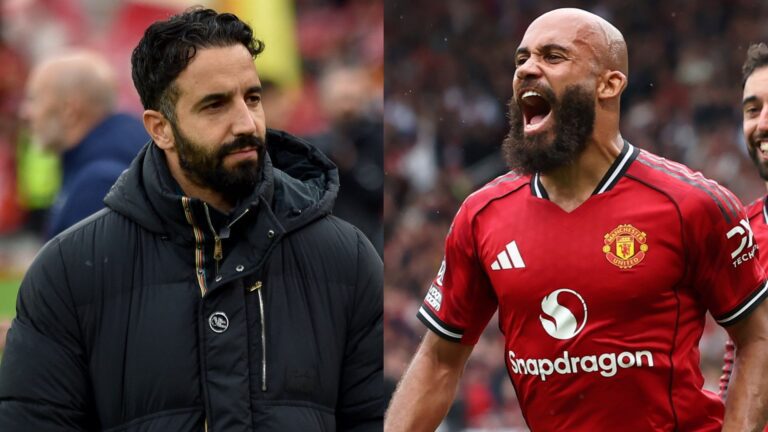Transforming Arsenal’s Leadership: A New Chapter in Gunners’ History
In the ever-evolving landscape of English football, Arsenal Football Club is witnessing a pivotal transformation in its executive structure, marking the end of an era and the dawn of fresh ambitions. Arsenal’s board shake-up highlights the shift from established figures to emerging leaders, ensuring the club’s continued pursuit of excellence on and off the pitch. This strategic overhaul not only reflects the Gunners’ commitment to innovation but also sets the stage for sustained success in the Premier League.



Tim Lewis’s Lasting Impact on Arsenal’s Evolution
No individual has left a more profound mark on Arsenal’s recent development than Tim Lewis, a seasoned corporate attorney. His involvement began in 2007 amid Stan Kroenke’s early acquisition, following ITV’s divestment of its minority share. As Kroenke secured a controlling interest by 2011 and full ownership by 2018, Lewis emerged as an indispensable ally. His responsibilities quickly expanded past mere legal counsel, encompassing vital financial maneuvers, such as orchestrating debt refinancing during the global health crisis to safeguard the club’s economic health, as noted in detailed reports. In the fiercely competitive arena of top-flight football governance, he stood out as a staunch opponent of externally funded ownership structures.
The Intersection of Legal Expertise and On-Field Strategy
Lewis’s influence wasn’t limited to administrative matters; he forged strong ties with the team’s operational core. He built a solid alliance with head coach Mikel Arteta, offering unwavering support during initial challenges and directly handling the extension of Arteta’s contract for an additional three years in 2022. When it came to player acquisitions, Lewis’s networking skills were crucial, exemplified by his effective collaboration with Crystal Palace’s leadership that facilitated a high-profile £60m transfer last summer. This approach underpinned Arsenal’s aggressive investment plan, transforming Arteta’s lineup into a formidable force aimed at elite competition.
Josh Kroenke’s Ascendancy in Arsenal’s Inner Circle
At age 45, Josh Kroenke has been progressively enhancing his presence within Arsenal’s decision-making framework. With Lewis’s exit, Kroenke’s authority is expected to grow substantially. Alongside this, the organizational realignment includes promoting Richard Garlick from managing director to chief executive, while introducing new members to the board. This refresh brings in two additional experts from Kroenke Sports & Entertainment, a trusted consultant, and a popular figure like Ben Winston, who combines Hollywood production experience with a deep-rooted passion for Arsenal.
Official Statements and Future Vision
In his remarks, Josh Kroenke expressed enthusiasm: “We take great pleasure in advancing Rich to the CEO position following his outstanding tenure as Managing Director for Arsenal. He has delivered remarkable results across various areas as we push forward to secure prestigious titles, maintain fiscal responsibility, and prioritize our fans in every decision.”
“Right now, we extend our appreciation to Tim for his steadfast loyalty and contributions to Arsenal during this era of profound evolution. He has been essential in positioning us for ongoing success in pursuing major honors. True to our forward-thinking ethos, we’re enhancing our Board with dynamic new members who offer extensive knowledge from diverse fields.”
“This team is deeply connected to Arsenal and passionate about it, introducing unique capabilities and insights that will infuse innovative ideas and vigor to help us realize our goals.”
Bridging Ownership and Operations for Long-Term Growth
Lewis effectively linked the Kroenke family’s vision with the club’s sporting direction, reinforcing connections among stakeholders, Arteta, Edu, and subsequent key personnel. Yet, with Josh Kroenke taking center stage, Arsenal is entering a phase of heightened family involvement, promising a more proactive approach to achieving sustained dominance.
Background on Arsenal’s Ownership Structure
Arsenal Football Club has long been one of the most storied teams in English football, with a rich history of success and a passionate global fanbase. Recent developments have highlighted significant shifts in the club’s boardroom, particularly with changes in ownership dynamics that could influence future strategies. One key aspect of this is the evolving role of the Kroenke family, who have been majority owners since 2011. As we delve into these changes, it’s clear that board restructuring is not just about internal decisions but also about how it resonates with supporters worldwide.
In discussing Arsenal’s ownership, it’s worth noting how fan communities play a role in shaping perceptions. For instance, Arsenal Denmark, a dedicated fan organization, keeps members updated on club news, which often includes ownership matters[başvurmak:[başvurmak:https://indmeld.arsenal.dk/]. This connection underscores the broader impact of board changes on global supporters.
Key Influences from the Kroenke Family
The Kroenke family’s involvement has been a topic of much discussion among fans. Stan Kroenke, the patriarch, has faced scrutiny over the years, but his son, Josh Kroenke, is stepping into a more prominent position. This transition represents a generational shift that could bring fresh perspectives to Arsenal’s operations at the Emirates Stadium.
Josh Kroenke’s ascent is particularly noteworthy, as he has been involved in sports management through the Kroenke Sports & Entertainment empire, which includes NFL’s Los Angeles Rams and NBA’s Denver Nuggets. His increased prominence at Arsenal signals a potential focus on long-term stability and innovation, especially in areas like financial strategy and player acquisitions. Experts suggest this could lead to more integrated approaches across the Kroenke portfolio, benefiting Arsenal’s competitive edge in the Premier League.
The Departure of a Key Figure
Board restructuring often involves high-profile exits, and Arsenal’s recent changes are no exception. A key figure’s departure has stirred conversations about the club’s direction, creating ripples that extend from the boardroom to the stands. While specifics can vary, such moves typically aim to streamline decision-making and align with new ownership visions.
In this case, the exit highlights the need for Arsenal to adapt to modern football demands, such as financial fair play regulations and global market expansion. Fans have expressed mixed feelings, with some viewing it as a necessary step for progress, while others worry about losing institutional knowledge. This sentiment is echoed in fan forums and newsletters, where members of groups like Arsenal Denmark share updates and opinions[başvurmak:[başvurmak:https://arsenal.dk/lokalafdelinger/], fostering a sense of community around these events.
Reasons Behind the Departure
- Strategic Misalignments: The departing figure may have had differing views on key issues, such as investment in youth academies or transfer policies, leading to a natural divergence from the Kroenke vision.
- Performance Pressures: With Arsenal aiming for consistent top-four finishes and Champions League glory, board members are under pressure to deliver results, which can prompt restructurings.
- Succession Planning: As ownership transitions to figures like Josh Kroenke, there’s a push to bring in aligned executives who can drive the club’s ambitions forward.
These factors illustrate how board changes are interconnected with on-pitch performance, making them a hot topic for Arsenal enthusiasts.
Josh Kroenke’s Assumed Greater Prominence
With the board restructuring in full swing, Josh Kroenke’s role at the Emirates Stadium is expanding, marking a pivotal moment for the club. His prominence could mean more hands-on involvement in daily operations, from squad building to stadium enhancements. This shift is seen as an opportunity to inject new energy into Arsenal, especially after periods of fan discontent with ownership decisions.
Kroenke’s experience in multi-sport enterprises positions him well to tackle challenges like revenue diversification and fan engagement. For example, integrating digital fan experiences could bridge the gap between the club and its international supporters, much like how Arsenal Denmark organizes local events and merchandise drives[başvurmak:[başvurmak:https://arsenal.dk/shop/hjemmetroeje-24-25-3-2/]. This kind of synergy might help Arsenal foster stronger global ties.
Potential Impacts on Club Operations
Under Josh Kroenke’s influence, we might see:
- Enhanced Financial Strategies: Greater focus on sustainable investments, such as improving the Emirates Stadium’s facilities to boost matchday revenues.
- Youth Development Emphasis: A push towards nurturing homegrown talent, aligning with Arsenal’s historical identity as “The Academy of Football.”
- Fan-Centric Initiatives: Increased efforts to address supporter concerns, potentially through better communication channels and community programs.
Challenges and Opportunities Ahead
While opportunities abound, challenges like maintaining team morale during transitions are real. H3 subheadings like this one help break down complex topics, ensuring readers can easily navigate the article. For Arsenal fans, staying informed through reliable sources is key, as these changes could shape the club’s trajectory for years to come.
In summary of this section, Josh Kroenke’s rise represents a blend of continuity and change, offering Arsenal a chance to redefine its board dynamics for the modern era.
Implications for Arsenal’s Future Strategy
Looking at the broader implications, this board restructuring could redefine how Arsenal operates both on and off the pitch. With Josh Kroenke at the helm, the club might prioritize data-driven decisions, leveraging analytics for player scouting and performance optimization. This approach aligns with trends in the Premier League, where clubs like Manchester City and Liverpool have thrived through smart restructuring.
How Fans Can Stay Engaged
- Join Fan Communities: Groups like Arsenal Denmark provide updates and forums for discussion, helping fans voice their opinions on board changes[başvurmak:[başvurmak:https://indmeld.arsenal.dk/].
- Monitor Official Announcements: Keep an eye on club communications for insights into new board appointments and strategies.
- Participate in Events: Attend local meetups or shop for merchandise to show support, as seen in fan-driven initiatives[başvurmak:[başvurmak:https://arsenal.dk/shop/hjemmetroeje-24-25-3-2/].
Long-Term Effects on the Emirates Stadium
Finally, at the H4 level, it’s worth considering how these changes might enhance the Emirates Stadium experience. Upgrades could include better fan amenities or eco-friendly initiatives, making matchdays more enjoyable and aligning with global sustainability goals. Overall, this restructuring at Arsenal signals an exciting chapter for the club, blending tradition with forward-thinking leadership.


